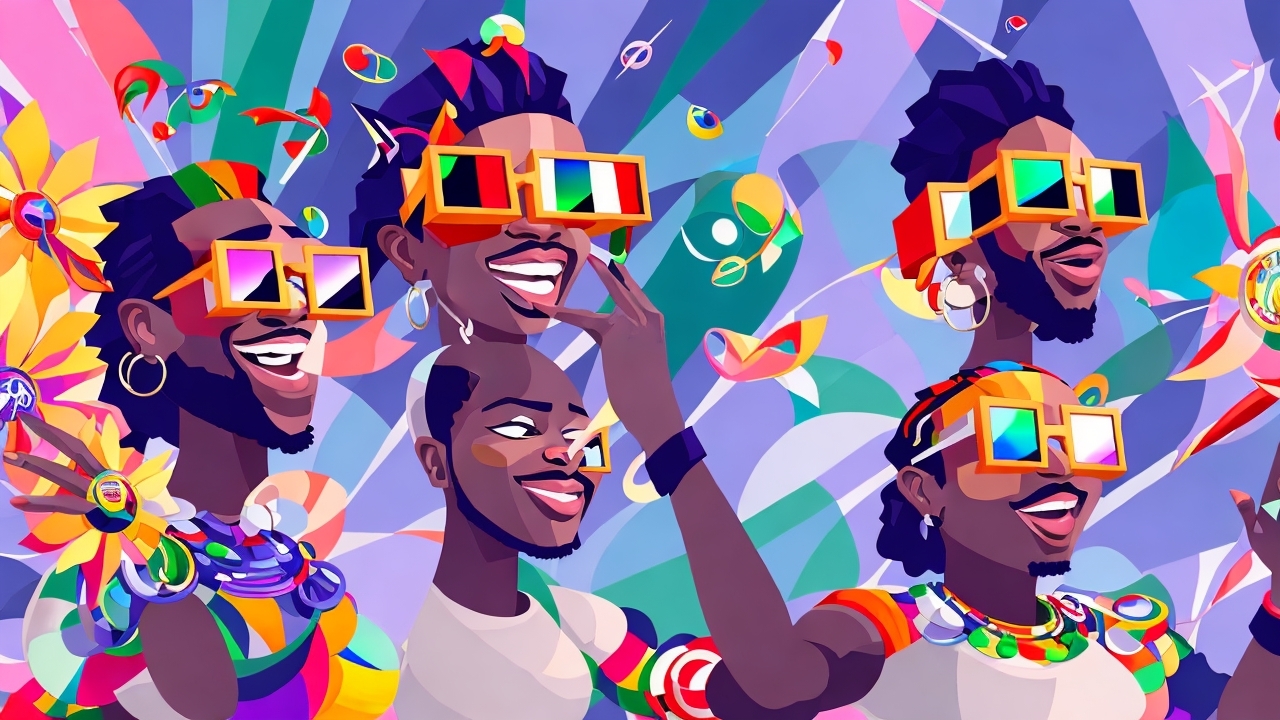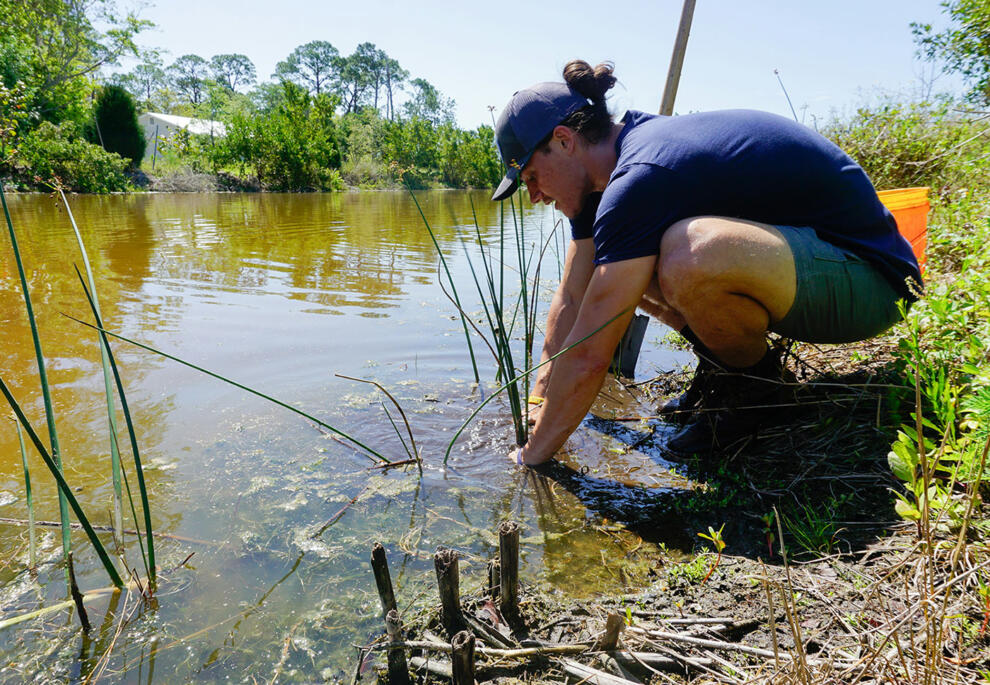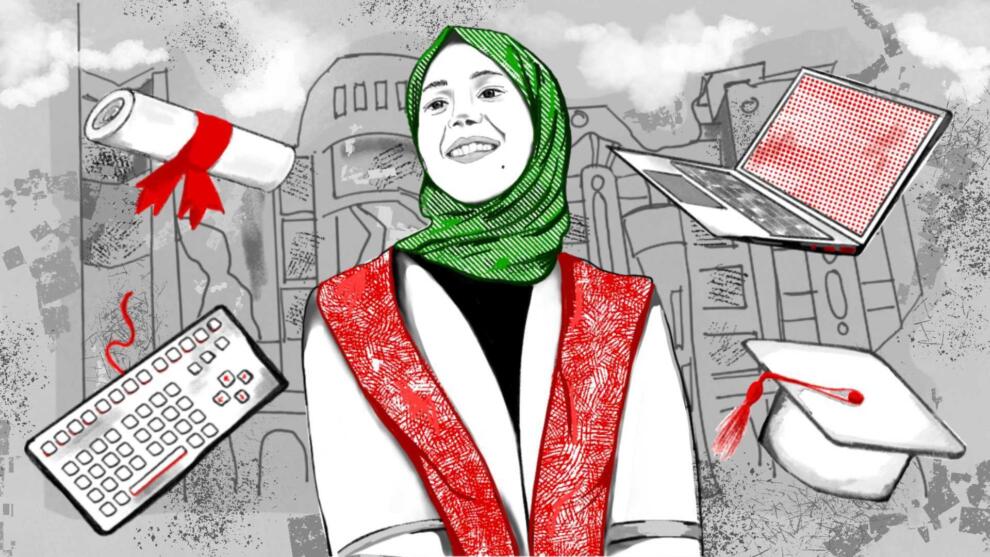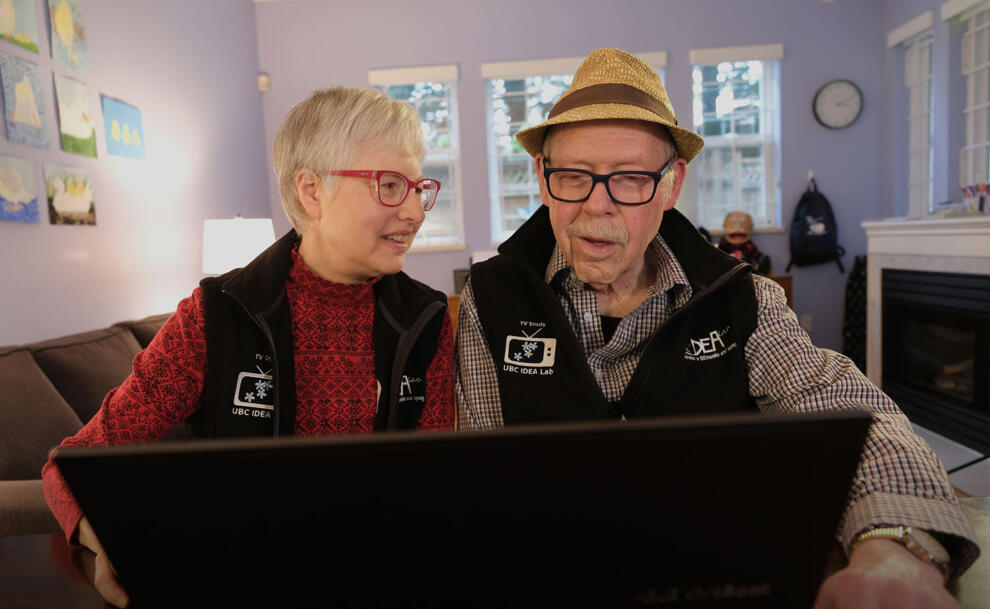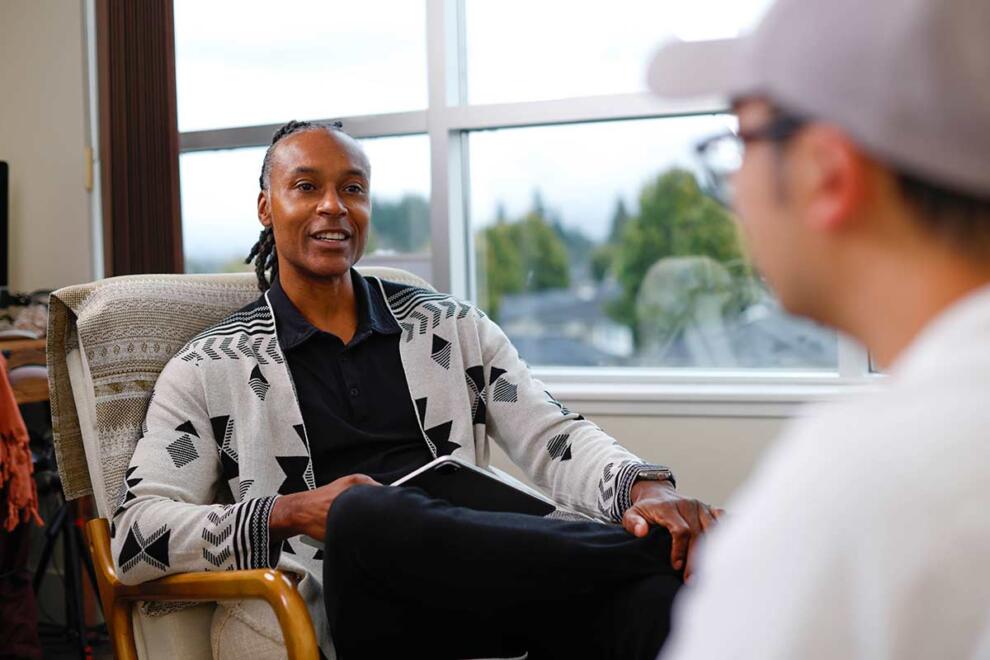How The Park DAO is Remixing Music and Community
“HF!” In The Park DAO’s parlance means “Happy Friday,” like “GM” is “good morning” in web3-speak no matter when you greet someone. Behind this is the next iteration of the world wide web, being called “web3.” The Park DAO is at the forefront of this technology evolution bringing musicians together from all over the world to collaborate on the creation of music, teach about the power of web3–particularly the new ways in which revenue can be earned–and discuss where and how to build in a collective and decentralized manner.
The Park DAO, a web3 collective in which a group of musicians come together to create, mix, master and publish a song from start to finish every Friday. It’s a collective experiment that supports publishing music “onchain” (ie, on the web3 blockchain) that bypasses the need for agents, record labels, and venues. It also doubles as a space for discussing many diverse topics, like coffee, pizzas, and crypto. Yes, cryptocurrency. The primary means of payment exchanges in web3 are via crypto coins–for instance, to buy a song (called “minting”) or acquiring a membership token to participate in the group–which creates actual utility for cryptocurrency.
The world of currency is changing, crypto is already much more than a perceived risky investment, as many think, it’s actually being used for payments in web3, just like dollars, yen, and euros in the physical world.







On a Friday in November of 2023, The Park DAO collaborated with musicians in both Los Angeles and Kampala, Uganda to create a Song Writing Camp Program. The event included guest artists, an introduction to web3 music and NFTs, the real-time writing, structuring and recording of a new song, and, of course, an online Park Fam Jam session to end the day. Ultimately, 14 artists collaborated to create a song called “becky V2,” which has been minted more than 16,000 times, as of the writing of this article.
All of the minting revenue can go to the artist, or split up between artists seamlessly at the point of the transaction. For generations, we’ve often considered that “making it” as an artist required someone with authority to “find” you. While being an artist in web3 still requires hard work, artists are finding recognition in the intersection of joining, creating and curating communities. It’s an organic experience that not only provides an outlet for what an artist creates, but also serves as a forum for asking communities what they want–the community and the artist in a symbiotic relationship of creation.
And, imagine, unlike an artist who sculpts tangible creations, a digital artist can earn a commission on the initial minting of their art, and smart contracts on the blockchain allow that artist to earn a royalty no matter how many times their art is sold from one owner to the next.
Evolution of the Online Experience
Web1 was the read-only web, basically websites as brochureware in the 1990s and early 2000s. Web2, often called the “read-write” web, emerged in the mid-2000s and represents the current state of the internet for most of us: social media, user-generated content, and interactive websites. Web3 is the next evolution of the internet, aiming to create a more open and user-centric online ecosystem built on blockchain technology. It emphasizes concepts like decentralization, user ownership of data and digital assets, tokenization, and trustless interactions. Imagine web2 as renting a house that the landlord controls (ie, Instagram owns all the interactions on their site and you can be evicted), compared to web3 that allows you to have ownership of a mobile home (you own your data, the content you create, and can take it with you if you leave for another platform).
In that sense, then, Web3 is the evolution of our online presence that can potentially lead to a more equitable and user-empowering internet experience.
Terminology can be a barrier when new technology is being introduced. With web3, it’s currently no different. Digital communities, like The Park DAO, define themselves as a “DAO,” decentralized autonomous organization, which is akin to a business collective. There is no hierarchical management in a DAO. Instead, everyone in the community has a say in decisions through a fair, transparent (and onchain) process.
In a DAO, the power truly belongs to the members, with every member having a vote on what matters most, including the funding of member-generated ideas for growth of the community. These votes are public, and members often have the means to additionally publish why they voted for or against a proposal, which ideally makes DAO’s driven by honesty, accountability, and the belief that better decisions and systems are made collectively. Web3 is meant to be built on trust and transparency through technology, so the rules are clear, and everyone can see how decisions are made.
Next Friday, consider a stroll through the park to see all that’s going on in this digital community!
⌐◨-◨ hf.
Actions:
- Follow on socials
- Website: https://thepark.wtf/
- X: https://x.com/thepark
- Sound.xyz: https://www.sound.xyz/thepark/releases
- Listen (and mint!) a recorded song:
- Join the collective (DAO)
